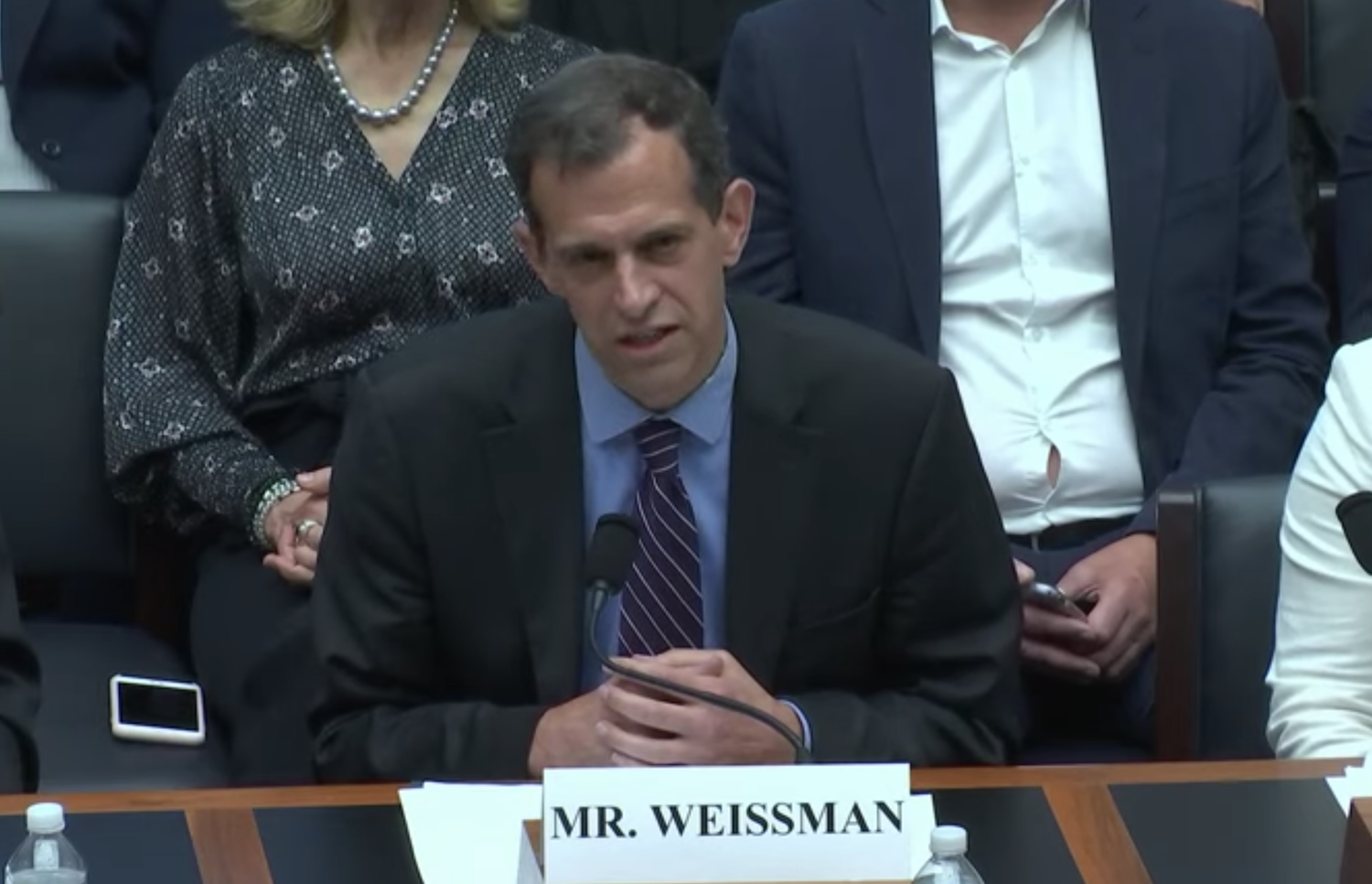Global Banking Regulator Proposes Changes to Criteria That Give Stablecoins Preferential Risk Treatment
/arc-photo-coindesk/arc2-prod/public/LXF2COBSKBCNHNRE3WTK2BZ7GE.png)
The Basel Committee for Banking Supervision (BCBS) proposed revisions to the criteria for allowing stablecoins to be treated as less risky than unbacked cryptocurrencies such as bitcoin (BTC) in a consultative document published Thursday.
CoinDesk reported last week that the global banking regulator was looking to revise its classification criteria for stablecoins, which are cryptocurrencies designed to hold their value on par with reserve assets like the U.S. dollar. The consultation, released Thursday, lays out the proposed revisions in detail.
The standard-setter has so far taken a tough stance on crypto, recommending the maximum possible risk weight of 1,250% for free-floating digital assets like bitcoin, which means banks have to issue capital to match their exposure. Banks are also not allowed to allocate more than 2% of their core capital to these riskier assets. The BCBS will not be making any changes to these standards, it said in a statement.
However, cryptos with “effective stabilization mechanisms” qualify for “preferential Group 1b regulatory treatment.” This means stablecoins can be subject to “capital requirements based on the risk weights of underlying exposures as set out in the existing Basel Framework,” instead of the tougher requirements set for bitcoin and the like.
Right now, stablecoins must be “redeemable at all times” to qualify for this preferential regulatory treatment. This ensures “only stablecoins issued by supervised and regulated entities that have robust redemption rights and governance are eligible for inclusion,” the BCBS has said.
This story will be updated.
Edited by Sheldon Reback.









